Amy Goodman (born April 13, 1957) is an American broadcast journalist, syndicated columnist and author.
A 1984 graduate of Harvard University, Goodman is best known as the principal host of Pacifica Radio’s Democracy Now! program for over a decade, covering labor, peace and human rights movements as well as championing independent media. As an investigative journalist, she has received acclaim for exposés of human rights violations in East Timor and Nigeria. Goodman is the first journalist to receive the Right Livelihood Award.
Democracy Now! has been called “probably the most significant progressive news institution that has come around in some time” by professor and media critic Robert McChesney. In 2001, the show was temporarily pulled off the air, as a result of a conflict with a group of Pacifica Radio board members and Pacifica staff members and listeners. During that time, it moved to a converted firehouse where it continues to broadcast today.
“It’s just the basic tenets of good journalism that instead of this small circle of pundits, you talk to people who live at the target end of the policy,” she said. When the Bush Administration didn’t find weapons of mass destruction, it “laid bare more than the Bush Administration, it laid bare media that act as a conveyor belt for the lies of the Administration. You know governments are going to lie, but not the media. So I think people started to seek out other forms of information.”
When President Bill Clinton called WBAI on Election Day, 2000, for a quick get-out-the-vote message, Goodman and Gonzalo Aburto challenged him for 28 minutes with questions about Leonard Peltier, racial profiling, the Iraq sanctions, Ralph Nader, the death penalty, the North American Free Trade Agreement (NAFTA), and the Israeli-Palestinian conflict. Clinton defended Democratic policies against criticism, but charged Goodman with being “hostile, combative, and even disrespectful”.
In 1991, covering the independence movement in East Timor, Goodman and fellow journalist Allan Nairn were badly beaten by Indonesian soldiers after they witnessed a mass killing of Timorese demonstrators in what became known as the Dili Massacre. In 1998, Goodman and journalist Jeremy Scahill documented Chevron Corporation’s role in a confrontation between the Nigerian Army and villagers who had seized oil rigs and other equipment belonging to oil corporations. Two villagers were shot and killed during the standoff. During the 2008 Republican National Convention, several of Goodman’s colleagues from Democracy Now! were arrested and detained by police while reporting on an anti-war protest outside the RNC.
Goodman has received dozens of awards for her work, including the Robert F. Kennedy Journalism Award and the George Polk Award. In 2001, she declined to accept the Overseas Press Club Award, in protest of the group’s pledge not to ask questions of keynote speaker Ambassador Richard Holbrooke and because the OPC was honouring Indonesia for their improved treatment of journalists despite the fact that they had recently beaten and killed reporters in occupied East Timor. On October 1, 2008, Goodman was named as a recipient of the 2008 Right Livelihood Award, often referred to as the “Alternative Nobel Prize” — the first journalist to be so honored.
Websites:
Amy Goodman on Truthdig.com
Publications:
The Exception to the Rulers: Exposing Oily Politicians, War Profiteers, and the Media That Love Them
Static: Government Liars, Media Cheerleaders, and the People who Fight Back
Standing up to the Madness: Ordinary Heroes in Extraordinary Times


